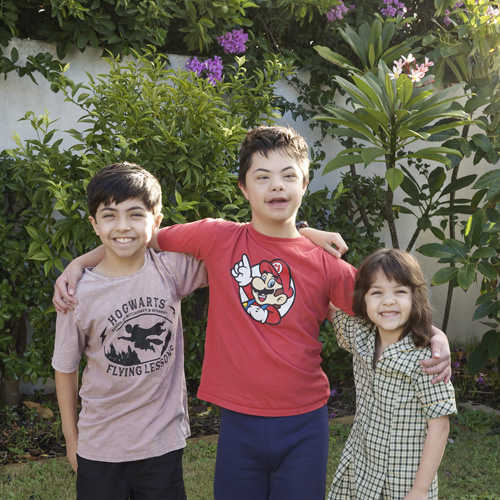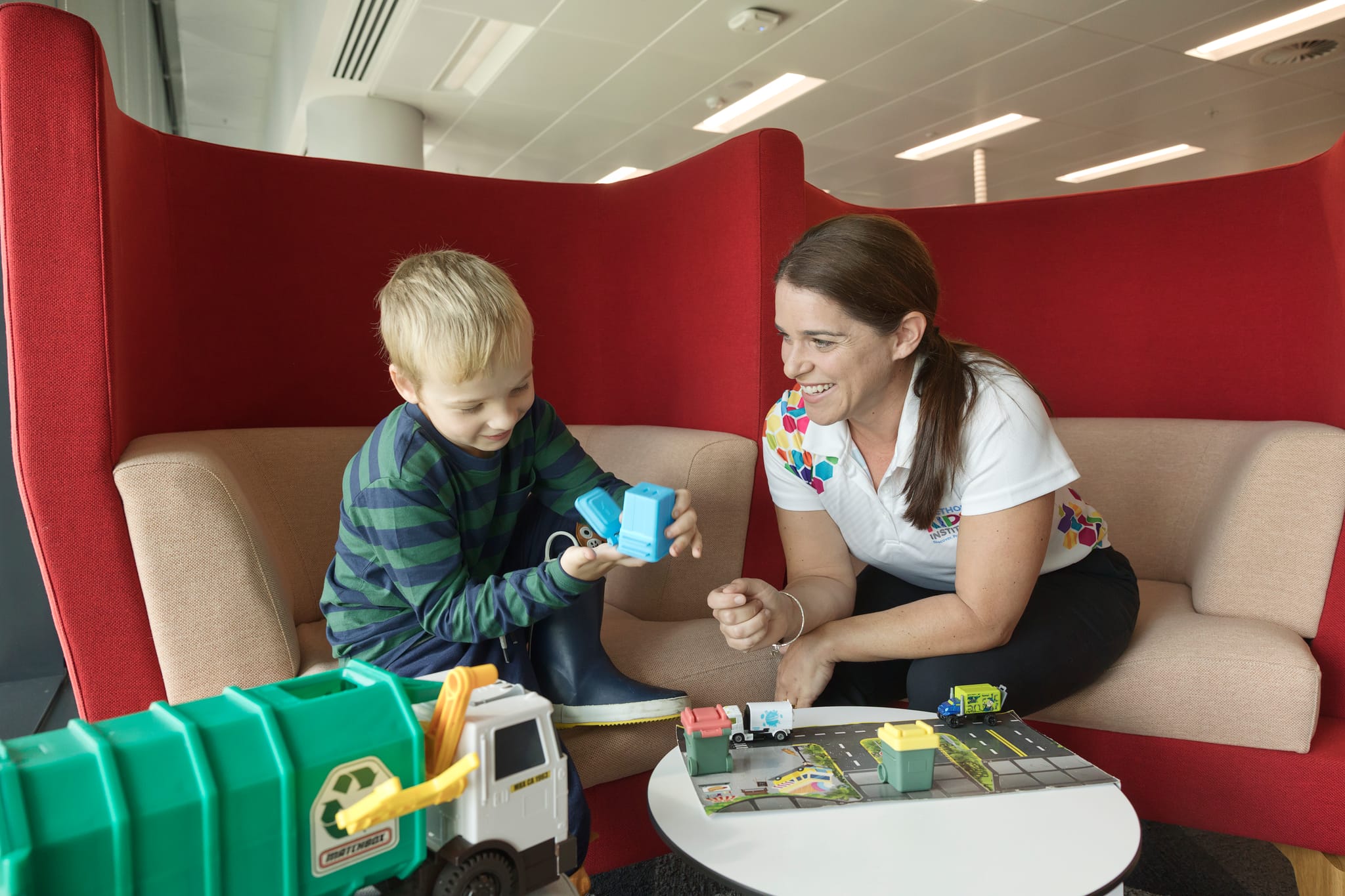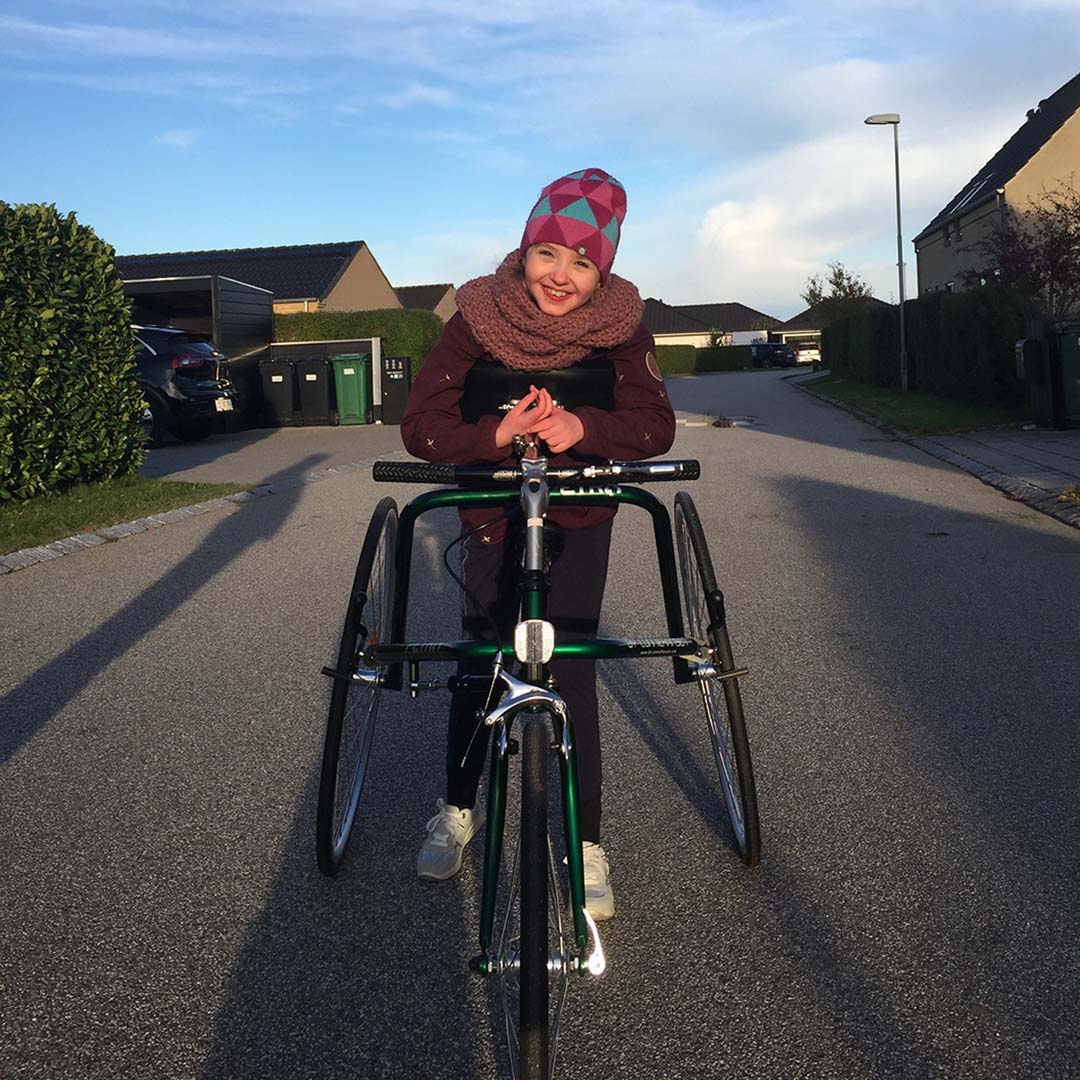Movement is vital for life. It is a function we use to interact with the world each day.
Every movement, from smiling to walking, requires intricate communication between our brain, spinal cord, nerves and muscles. If there is a disruption to any of these areas, a child may have difficulty with their movement. This can cause a child to move too little or too much, lead to challenges learning and acquiring motor skills, and also alter the proficiency of their movement.
Sometimes movement difficulties are the core feature of conditions, often referred to as a ‘movement disorder’. Other times they accompany difficulties in other developmental domains and functions, such as cognition, behaviour, language, attention and sensation.
Movement disorders and other conditions associated with impaired motor function is a core research area of the Child Disability Team.
Our focus
The movement disorders our research team currently specialise in include Developmental Coordination Disorder (sometimes referred to as dyspraxia), Tourette Syndrome, and Cerebral Palsy.
Our researchers led the delivery of Australia’s first national survey to evaluate the unmet needs of children with Developmental Coordination Disorder (Impact for DCD). This led to release of a landmark report and development of resources for families, educators, and medical/allied health professionals (DCD Australia Inc.). Impact for DCD has since been rolled out in 8 other countries around the world and has grown to become an international advocacy campaign increasing the awareness and support for this disorder.
This program of research has also been expanded to evaluate unmet needs of other under-recognised and under-supported motor disorders, including Australia’s first national survey to evaluate the unmet needs of Tourette syndrome and tic related conditions (Impact for Tourette’s).
Cerebral Palsy is another important research area. Our researchers have worked to understand how respiratory disease develops in children with Cerebral Palsy and to find ways to prevent and manage respiratory disease. Please visit our Cerebral Palsy Respiratory Health page for more information.
We are also working together with the CliniKids Autism Team to evaluate the prevalence and impact of movement difficulties associated with autism. We are involved in a range of trials evaluating the efficacy and outcomes of movement-based interventions (Move2Engage, CO-OP).







